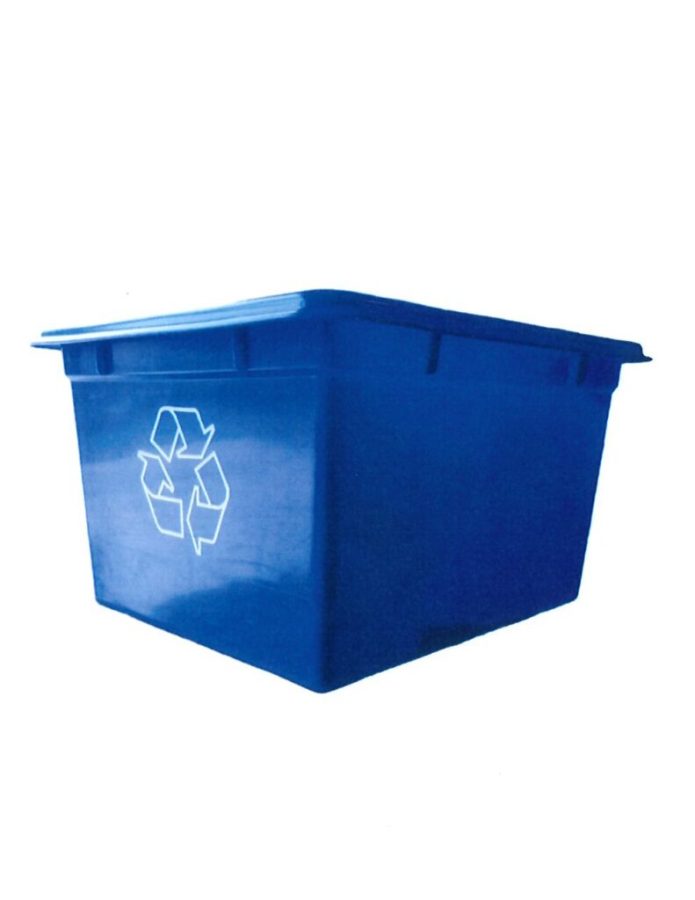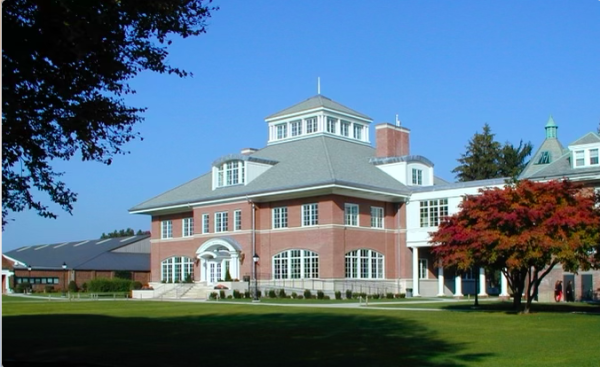Sustainability at Friends Academy
41,000 dollars and change. 65 acres of beautiful scenery. Countless people working daily to keep our campus at Friends Academy in mint condition. Given all that we have, it is important that we take care of our campus. To be sustainable is to be clean and keep things in ‘good’ condition. While good may be a vague term, there are many common habits that people should practice to achieve a clean campus. These habits include often overlooked gestures such as leaving a space cleaner than you found it.
A common misconception about sustainability is that it requires a great deal of effort; in reality, it is quite simple. Being sustainable can often just mean being clean and neat. There are many simple things we can make sure we do to keep the campus sustainable. Firstly, we can make sure to leave classrooms and any area on campus neat and organized. While it may sound cliché, leaving areas the way they were when you got there is simple and extremely helpful. This process is fairly straightforward as it involves easy steps such as pushing in chairs, not leaving garbage at desks, and putting things back where they should be. These simple actions will help keep our classrooms and common spaces in good conditions as we continue to use them throughout the year. In addition to keeping our classrooms clean, we should also pay close attention to the cafeteria. There is no place on campus that sees more unattended litter than the cafeteria. This garbage not only tarnishes the aesthetic of our beautiful cafeteria, but it also makes the jobs of the custodians, lunch staff, and often teachers, far more tedious and difficult as they clean up after us. Keeping the cafeteria clean is easy and makes everyone’s lives easier – especially those who work to keep it clean. Many would assume that picking up trash after you eat and cleaning up messes is common sense, but it seems that common sense is not so common after all. While the cafeteria provides a specific example, these rules apply throughout the school and beyond. These simple gestures that can make someone‘s job easier and make an area cleaner are often more than just sustainable – they’re respectful. So, if being sustainable isn’t enough of a reason to make you mindful about keeping the school and the world clean, keep in mind the effect your mess may have on the jobs of others.
A slightly more complex problem is recycling. According to earthshare.org, every year 18000 pounds of trash are produced in the average school alone. In New York alone, 80 million pounds of trash is produced. The EPA (Environmental Protection Agency) estimates that 75% of the trash produced by humans can be recycled. If we were to recycle, we would be able to reduce our annual trash output from 18000 pounds to 4500 pounds. This metric helps us understand the true impact we can have on our planet’s health: recycling ties into all facets of sustainability. Reducing the trash that ends up in landfills improves the cleanliness of the Earth by helping reduce emissions of greenhouse gasses into the atmosphere and improve air quality substantially. Furthermore, when we reuse these recycled materials, it allows us to cut down on the creation cycle of finite natural resources.
Here at Friends Academy, we have recycling bins — or at least blue bins with recycling signs labeled on them — spread across the campus. The problem is that these bins go to the same landline as our regular garbage cans, so we essentially do not recycle. The reason for this is mainly food getting into the recycling bins, so please put food waste into regular garbage cans and spread the word to peers and adults. We students are the main source of what goes into the recycling and garbage bins; in many spots, we only have a recycling bin with no accompanying trash can. With no other option, this encourages students to put food waste into recycling bins when there are no garbage cans nearby and recycle less when there are no recycling bins at hand. Even before change happens, though, do not forget to put plastic and other non-biodegradable items into recycling bins and lead by example. The more often we recycle our items today, the more likely we are to one day have real recycling in our school and have a positive impact on the Earth’s environmental health.
Being sustainable does not need to be a perfect process. People are not perfect, so occasionally leaving a mess or throwing recyclables in the garbage does not mean you are compromising your sustainable habits. Every bit of effort you put into being sustainable helps. If it’s not helping the environment, then maybe it makes someone’s day a little easier or contributes to keeping something in better condition for future use. Friends Academy has flaws like any other community, but that does not mean that our school is not already doing its part in creating a sustainable environment. We can all chip in, so let’s recycle.







